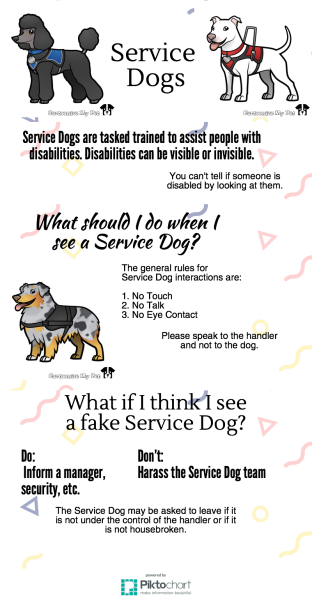Pet dogs in day care receive great deals of workout, socialization with other pet dogs and distinct experiences. This can be particularly helpful for pups and pet dogs with behavioral issues.
There are several legal considerations you require to think about when starting a doggy daycare business. These include the structure of your company and conformity with federal government laws.
1. Pooch Distemper
Canine distemper is spread through straight contact with the physical fluids and waste of an infected dog, but it can likewise be transferred by means of common water and food bowls or via air-borne beads. This very contagious illness is most harmful for young puppies, however it can affect pet dogs of any kind of age and is deadly for the majority of if left unattended.
Initial signs and symptoms of canine distemper often mimic a common cold, including runny eyes and nose with watery or pus-like discharge. As the disease proceeds, a pet will certainly create high temperature, coughing, lowered cravings, throwing up and diarrhea. The infection can additionally strike the nerves, causing seizures, shivering and partial or full paralysis.
Reputable daycares reduce direct exposure to infection by calling for inoculations, regular health examinations and comply with stringent hygiene protocols. If your pup seems extremely weary or hopping, a day off may help him recover, but you need to stay clear of taking him back to childcare up until these signs improve.
2. Kennel Cough
Kennel cough, also called transmittable canine tracheobronchitis or Bordetella, is a very infectious viral or bacterial disease that affects the respiratory system. It's generally moved with the exchange of saliva or air droplets that a sick pet breathes out. Social pet dogs are at higher threat for infection as a result of their regular interaction with one another, such as when they play, share food or water, smell each other or just meet in a jampacked setting like a canine park or daycare.
One of the most usual signs and symptom of kennel coughing is a consistent and forceful coughing that seems like something stuck in the throat or retching. Frequently, dogs will certainly spend frothy white phlegm. If left untreated, a dog can create pneumonia and go to major risk permanently.
A trustworthy childcare facility need to have rigorous cleaning and sanitation methods, sterilize all toys, food and water bowls consistently, and be open concerning their vaccination plans. Keeping your dog approximately date on their inoculations, particularly for bordetella and canine influenza, will considerably decrease their opportunities of acquiring the illness.
3. Parvovirus
Canine parvovirus, or parvo, is a very contagious viral illness that can be dangerous for young puppies and young person canines with poor body immune systems. It's most commonly spread out by direct contact with infected pet dog feces-- which can happen when pets sniff, lick, or preference infected feces-- and indirectly from contaminated individuals, objects, or settings (like kennels, grooming rooms and yards). Puppies and pet dogs without complete inoculation histories are particularly susceptible to parvo.
The infection is extremely resistant, surviving in the setting for as much as 9 years, and can quickly be moved between pets by contact with feces or on shoes, apparel, and bedding infected with parvovirus. If not treated quickly with IV fluids, electrolyte equilibrium, vomiting control drugs and antibiotics to stop secondary microbial infections, a dog will swiftly dehydrate and establish extreme diarrhea, which brings about shock and sepsis. Parvo is hard to treat when a dog has come to be ill, but with proper vet care, lots of pups do survive this health problem.
4. Pooch Influenza
Dog flu virus is very contagious and spreads via direct get in touch with, sharing food and water bowls, licking or nuzzling various other canines, with air-borne droplets, and with contaminated surfaces. Inoculation is effective in decreasing the threat of infection and episodes.
Many influenced dogs establish a light respiratory infection with a cough that lasts 1-3 weeks. They might additionally have nasal and ocular discharge, sneezing, and sleepiness. Some of one of the most significant cases lead to pneumonia and a high fever.
If your pet exhibits any of these signs and symptoms, do not bring them back to daycare up until they are healthy and balanced. If your dog is showing indications of severe fatigue or limping, talk with your dogs daycare near me vet right now and make certain they get on good health supplements to assist construct their immunity. A veterinarian will examine your pet for symptoms of the flu by taking an example from the nose or throat, and blood examinations can be done to validate.
